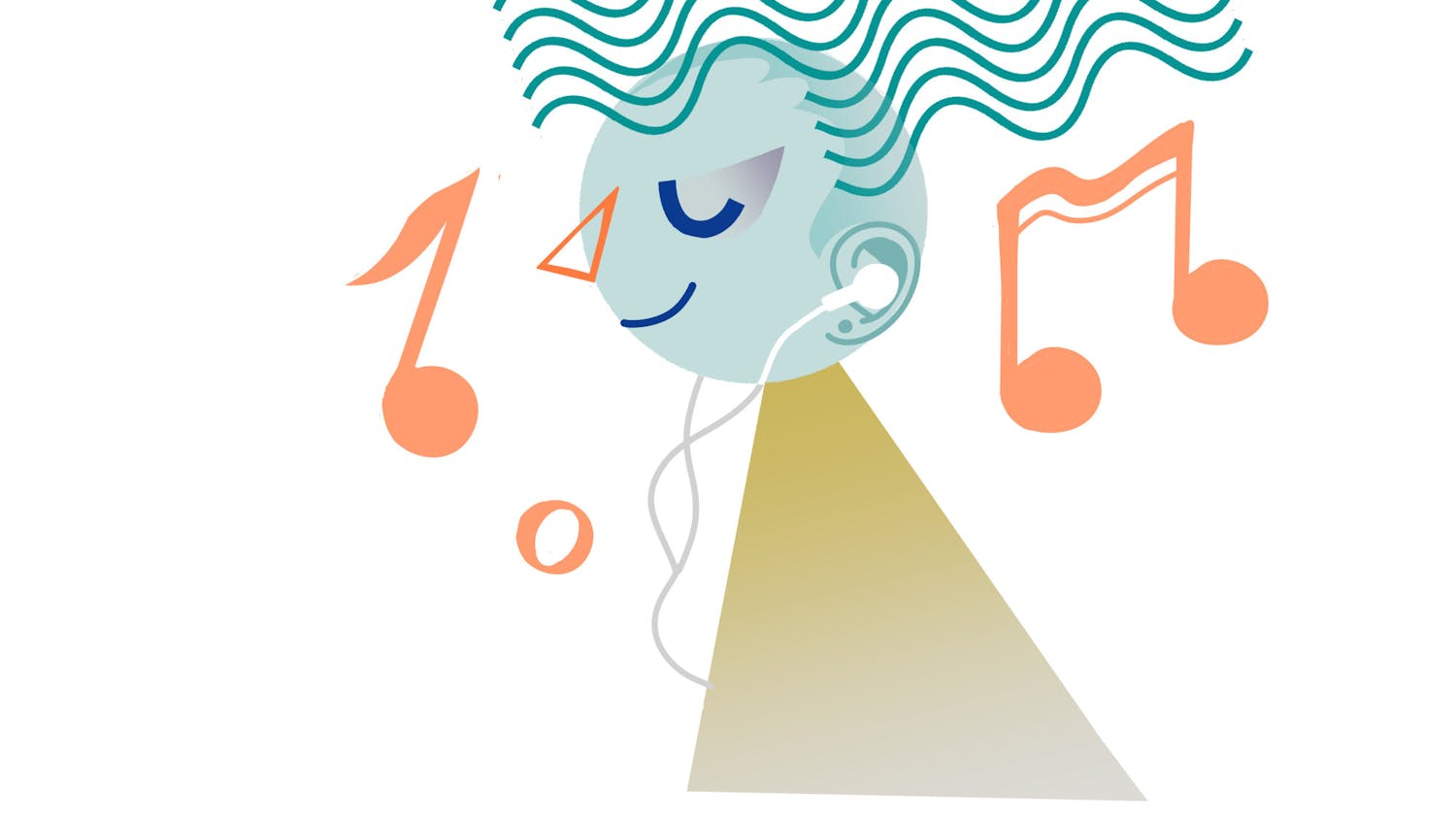Human papillomavirus is just as much of a concern for men as it is for women, according to a study published on Oct. 3 in the Journal of Clinical Oncology.
The study, “Human Papillomavirus and Rising Oropharyngeal Cancer Incidence in the United States,” by Anil K. Chaturvedi and colleagues, suggests that HPV can be spread through oral sex and poses a health risk of developing head and neck cancers.
The study found males are more likely to have oral cancer than females. Both men and women can be infected, but now more evidence indicates that infections in men in the oral tract may have a higher risk of developing cancer.
Michelle Ozbun is a professor of molecular genetics and microbiology at the UNM Medical School and is co-leader of the Women’s Cancers program at the UNM Cancer Center. She works in the Interdisciplinary HPV Prevention Center, funded by the National Institutes of Health, which is the only center in the nation that focuses solely on HPV. Ozbun and her colleagues research the HPV infection, devise new vaccines and monitor effectiveness of the vaccines. They also track people who have had the vaccination to see the how they respond.
“I have a 6-year-old son and I will get him vaccinated because I think it’s a good public health move,” she said. “I want him … and any sexual partners he has in the far future to be protected.”
Now doctors are wondering if Gardasil, one of the HPV vaccines, should be recommended for men and boys between 10 and 25 years of age, ideally before the onset of sexual activity. Cervarix is another vaccine that protects against different types of HPV.
On Oct. 25, the Advisory Committee on Immunization Practices recommended that all boys in the United States receive the Gardasil vaccine to protect against HPV.
The HPV vaccine is already used to prevent penile and anal cancers in men and boys.
“The reason that boys and young men were not originally recommended to be vaccinated is because the cost-benefit analysis didn’t originally show that there would be a benefit to vaccinating males,” Ozbun said.
She said the vaccine’s cost-benefit in the overall population cannot be measured for about 30 years. However, she said males should be vaccinated for the same reason females are vaccinated:
to protect them from cancer and to prevent HPV from spreading.
Sex partners should be careful and creative in finding ways to avoid spreading the virus.
“I think there are some indications that condoms don’t protect because sometimes the genital warts can rub holes in the condom,” Ozbun said. “But safer sex is always better sex, and a lot of people don’t use condoms or other barriers when they have oral sex because they think it’s safe to do that. I would say always use a barrier for safer sex.”
Get content from The Daily Lobo delivered to your inbox
Her lab also looks at other substances that might inhibit HPV infection. One such substance is carrageenan, a thickening agent used in products such as ice cream and … wait for it … sex lube!
Do yourself and your partner a favor you should have done already and stock up on some lube. Not only does it make sex more pleasurable, but the carrageenan may inhibit HPV infection.
Additional options for safe oral sex include dental dams, a rectangular sheet of latex, and condoms. Even something like plastic wrap, used like a dental dam, may be able to increase your protection from the virus, Ozbun said.
According to the CDC, HPV is the most common sexually transmitted infection. At least 50 percent of sexually active people will get HPV at some point in their lives. HPV is not always a cancer-causing virus — it’s also the virus that causes warts, some of which could be cancerous.
Ozbun said HPV-positive individuals who suffer from head and neck cancers respond better to therapy than the HPV-negative cancers do.
Now that HPV poses a serious health threat to men as well, the whole “to vaccinate or not to vaccinate” debate will be important for everyone, regardless of gender.
The way I see it, you have to take a risk either way. You might not get vaccinated and risk getting cancer from an STI that one out of two sexually active people will contract, while simultaneously risking the infection of all your sexual partners if safe sex practices fail. Or you could risk getting a vaccine that has, as with any other vaccine, given a negative reaction to a small percentage of those who get it.
Of the 40 million doses given in the United States, about 20,000 people reported adverse side effects, and only 8 percent of those were considered serious (hospitalization, permanent disability, life-threatening illness, congenital anomaly or death).
“Vaccination is the biggest aid to public health in the history of the world,” Ozbun said. “There are no data that suggest otherwise.
Yes, there are bad things that can happen with any medical intervention to a few people, but the risks are vastly outweighed by the benefits. If you are a person whose child is diagnosed with autism right after they got vaccinated, you may not feel that way … the HPV vaccines have been shown to be the safest vaccines administered to date.”
Regardless if you get vaccinated, the take-away lesson here is to get tested often, practice safe sex and enjoy a bottle of lube.





